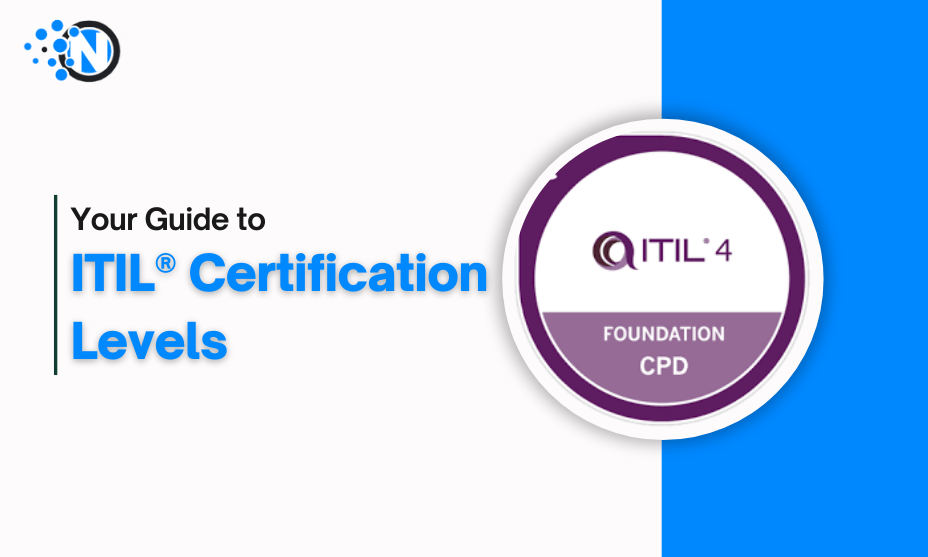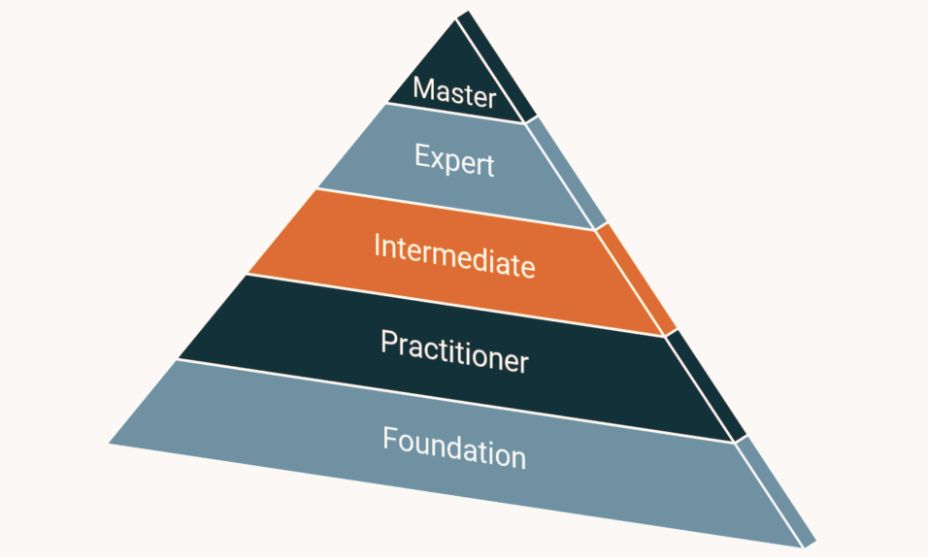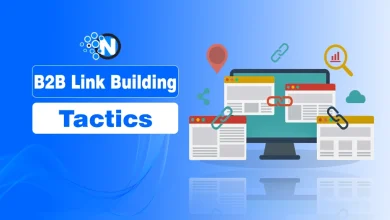Your Guide to ITIL® Certification Levels

If you’re in the IT field, you probably have a general understanding of the IT Infrastructure Library (ITIL®). The framework uses a systematic approach to address IT service management. While there are countless certificates you can hang on your walls, there’s really only one certificate that counts. This is also the certificate employers often look for in their IT personnel.
Since there are different ITIL® levels, knowing which one to focus on can be confusing. We’re breaking down ITIL® certification levels so you can ensure you have the right qualifications for your career in the IT industry.
A Look at the 5 ITIL® Certification Levels
If you’ve gone through or are at least familiar with the various levels after 2019, not much has changed since then. The certification levels were updated then, increasing the focus on flexibility, innovation, and agility while also supporting older systems and networks. This means we’re on to the 4th version of ITIL®. In 2022, version 3 was discontinued.
What does this mean for certificate holders from version 3? Not a lot. Your certification is still valid but since the focus has changed, it may be a good idea to retake some of the levels. This can be especially true if you’re planning on switching companies in the future. Holding certificates from version 4 can give you an edge over other applicants.
So, what are the various certification levels? Here’s a look at what you can expect from each one.

1- Foundation Level
Regardless of your skills or other certificates, you’re proudly displaying, everyone starts at level 1 (Foundation Level). Yes, this is a pass-or-fail course, but don’t stress; there’s a reason this is called the Foundation Level. This introductory level focuses on the basics of the IT Infrastructure Library. In other words, this is information you probably already know or have a general understanding of.
You’ll need to have an understanding of how to create services and products for customers. The level also covers the best practices of service management and ITIL® 4. Don’t forget, that version 4 has a slightly different focus than previous course models, and this may mean a little extra studying.
The course takes 21/2 days to complete, and yes the course is held in a classroom. Sorry, you’re probably not going to be able to take the course or test online. The final exam has around 66 questions. You also have one hour to complete the exam. You can find more information about locations, dates, and times, on the Axelos website.
2- Practice Manager
Once you pass the Foundation Level exam, you can start researching the other 4 levels. You may be happy with only a Level 1 certificate and this isn’t a problem. However, when you’re ready to up your skillset the best solution is often to go back to the ITIL®. Levels. The additional certification can go a long way toward advancing your IT career.
When you’re ready to hone your skills in management practices, this is the level you’ll probably want to focus on. The course works you through five practice models:
- Service Desk
- Incident Management
- Problem Management
- Service Request Management
- Monitoring and Event Management
Yes, you need to go through all 5 modules to complete this level. This is also an in-person course, however, you do have options on how you take the classes. You can take one practice module a day or bundle everything into a 3-day cram session.
Before deciding, think about your best learning environment. Do single sessions or intense ones work best for you? Regardless of how you take the course, you’ll also go through training on another module. The Specialist module concentrates on Create, Deliver, and Support.
3- Managing Professional
If you’re ready to start managing IT projects, teams, and workflows, then you’ll want to go through this ITIL®. Level. Managing Professional requires you to pass four exams. Yes, this seems like a lot but receiving the certificate at the end makes your hard work well worth the effort.
So what are the four exams? You start with the Specialist Create Delivery & Support; this module is similar to the one in Practice Manager, only now you’re going a little more in-depth. You’re focusing on the end delivery of your IT products and services, along with the creation.
The other three exam modules are:
- Specialist Drive Stakeholder Value
- Specialist High-Velocity IT
- Strategist Direct Plan & Improve
After passing the four exams, you’ll receive a certificate for this level.
4- Strategic Leader
This ITIL® level is a little different than the previous ones. Instead of applying primarily to IT personnel, the Strategic Leader certification is something anyone working with digital services can benefit from.
However, even if you’re not in the IT field you’ll still need to go through the Foundation Level. There aren’t any exceptions, regardless of your field or industry.
To earn your Strategic Leader certificate, you’ll need to pass two exams. These are the Strategist Direct Plan & Improve and the Leader Digital & IT Strategy.
5- Master
After completing the other levels, you may want to go on and get your Master Level certificate. Yes, this sounds a little like becoming a Jedi Master if you’re a Star Wars buff. Okay, so you’re not going to end up with a lightsaber, regardless of how cool this would be. Instead, you receive a certificate that can open countless doors in the IT industry.
There isn’t a set training course or even a syllabus to follow. You’re sort of alone when it comes to getting ready for the Master Level exam. However, by the time you’re ready for the final ITIL®. Level, this shouldn’t be too much of a problem. You can even choose the scenario you’re tested on, which can do a lot towards removing some of your stress.
Boost Your IT Career with ITIL® Certification
The gold standard of IT certification is undeniably ITIL®; its value is unparalleled in the industry. Holding even the Foundation Level certificate signifies a comprehensive understanding of core IT practices, reflecting a professional’s commitment to excellence in the field.
As individuals ascend through the ITIL® certification levels, they serve to actively enhance their expertise while also amplifying their potential for career advancement, positioning themselves for leadership roles and increased responsibilities in the IT sector.




